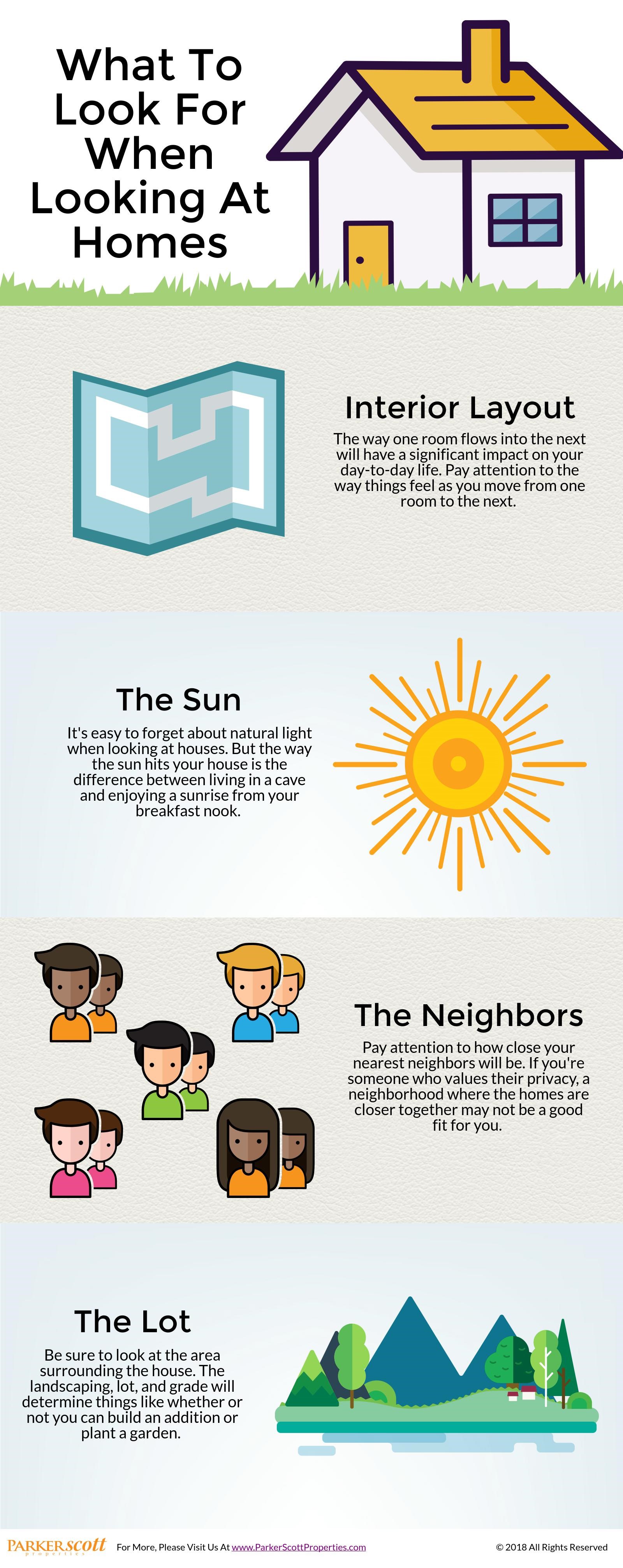Unless you’re buying a new house, you’re likely to be choosing which house to buy based on how much work it might need. And if you don’t have the time and expertise to do the work yourself, you’re going to have to factor possible remodeling costs into your buying equation. In other words, it can get complicated. That’s why, today’s home buyer says they’re looking for a move-in ready home that requires very little renovation. Busy schedules and tight budgets mean many Americans don’t have the resources or time to invest in a major kitchen overhaul or bathroom upgrade. But is it realistic to expect to find the perfect home in perfect condition at a time when many markets have lower-than-normal inventory levels? Well, probably not. That’s why buyers should have an idea about what they will or won’t compromise on before heading out to shop homes. Conversely, home sellers should think about any investments they can make before listing that might help sell their house at a higher price.
Prices Below Peak In Nearly Half Of All Markets
If you’ve been at all interested in shopping for a home, you’ve likely heard news about rising home prices. Since the housing crash, home values have rebounded and, in some areas, the climb has been quick. However, news about increasing prices should be measured against how far they fell. In other words, though prices have rebounded, they are still below their previous peaks in many markets. In fact, according to recent numbers from ATTOM Data Solutions, median home prices are still below their pre-recession peaks in 46 percent of the 105 metro areas analyzed – including cities like Chicago, Baltimore, Tucson, Las Vegas, and New York-Newark-Jersey City. That’s why it’s always a good idea to look into where prices are in the specific neighborhoods where you’d most be interested in buying. Price increases will vary from one city to the next. So there may still be opportunities for buyers in the areas you’d like to live, despite home prices’ overall upward trend. More here.

Homes Sell At Fastest Recorded Pace In 2017
Making big decisions quickly is not usually a recipe for success. However, in today’s housing market, that’s exactly what home buyers have to do. That’s because homes are selling faster than ever these days. In fact, according to a recent analysis, the average home took 81 days to sell last year. And that includes closing, which usually takes four to six additional weeks. In other words, since many markets have more buyers than they do available homes, houses for sale are selling fast. So what should buyers do to prepare for possible competition? Well, for starters, adjust your expectations. A recent report from Zillow found the average buyer spends just over four months searching for a home and makes two offers before successfully buying a house. That means, expect a process. Outside of that, be prepared. Get prequalified, know what you want, what you want to spend, and what your dealbreakers are. The more prepared you are, the more likely you’ll make good decisions, even if they have to be made quickly. More here.

What To Look for When Looking At Homes

Analysis Finds Property Tax On The Rise
When considering the costs of homeownership, it’s sometimes easy to forget about property tax. Home buyers focus a lot of attention on their prospective mortgage payment and the potential cost of any remodels and renovations but often forget to think about how much taxes will run them each year. This is a mistake. Take, for example, new research from ATTOM Data Solutions. Their recent tax analysis found that the average property tax on a single family home last year was $3,399, a 3 percent increase from 2016. That’s nearly $300 a month. But property taxes can differ from one place to the next. As evidence, states like Hawaii, Alabama, Colorado, Tennessee, and West Virginia were found to have lower than average effective property tax rates. They can also vary from city to city. That’s why it’s a good idea to look into how much homeowners pay in property taxes in the areas where you’d most like to buy a home. It may not sway your decision on where you buy, but it will give you a more accurate assessment of how much it’ll cost to buy a house in a particular city. More here.
What Style Of House Do You Prefer?
Most regions offer house hunters a variety of architectural styles to choose from. Whether you prefer bungalows to ranches or modern over contemporary, you can likely find something that fits your preference. But, according to one recent survey, what you’re looking for might depend on your age. That’s because the results show millennial home buyers are looking for a different kind of home than older buyers. For example, younger buyers expressed a preference for colonial and contemporary homes, when they had a preference at all. On the other hand, buyers over the age of 55 were much more interested in finding a ranch – which is an architectural style favored by only 6 percent of millennials. Of course, some of this has to do with practicalities – such as retirees in search of a one-story home because it eliminates any concern about future mobility and navigating stairs – but it’s also a question of personal taste and aesthetics. Ultimately, though, whatever type of house Americans say they prefer, they generally all say they want that house to have ample storage, a garage, and multiple bedrooms. More here.

5 Home Selling Myths

What Strategies Are Buyers Using This Spring?
From all accounts, this spring’s housing market is going to be a busy one. High buyer demand has carried over from last year and so have inventory concerns in many markets. In other words, anyone hoping to find and buy a house this spring should be prepared for competition from other interested buyers. What does that mean? Well, in short, it means moving quickly and saving up some extra money to sweeten the pot, if necessary. In fact, according to a recent survey, home buyers say they are checking online listings every day and 40 percent say they’re planning to put more than 20 percent down. Other strategies buyers say they’re employing this spring to beat the competition include setting price alerts and offering above asking price. Overall, home buyers are aware of current conditions and are preparing themselves for the possibility of having to win over a home seller with an offer that exceeds all others. As evidence of this, just six percent of survey respondents said they are doing nothing to prepare for competition from other buyers. More here.
Homes Stay On The Market For Fewer Days
These days, there are a lot of people interested in buying a house. A stronger economy, more jobs, and years of pent-up demand have led to a rising number of Americans who are eager to make a move. But while that’s positive, more buyers active in the market also means homes sell faster. In fact, according to Nationwide’s recent Health of Housing Markets Report, the average home was on the market for just 67 days in 2017 – with houses in some market going in half that time. That means, buyers need to do their homework, cause they may not have the luxury of being able to take their time debating each home’s pros and cons. It also means good news for sellers. “As we head into spring and the traditional season when sales heat up, buyers will find that desirable homes won’t be on the market for long,” says David Berson, Nationwide’s senior vice president and chief economist. “Today, the average home is on the market almost half the length of time that it was six years ago. Of course, that is good news for people looking to sell their home.” More here.

The Neighborhood Feature Buyers Want At Any Age
The factors that influence a home buyer’s decision to buy a particular house in a particular neighborhood are very similar across demographic groups. After all, our lives are more similar than they are different. We all want to live in a safe neighborhood with access to things we want and need, like recreation and health care providers. However, depending on the age of the buyer, there are some are other neighborhood features, like schools, that may appeal more to a younger home buyer than an older one. For that reason, the National Association of Realtors’ Home Buyer and Seller Generational Trends study takes an annual look at who’s buying homes, what kind of homes, and for what reasons. Lawrence Yun, NAR’s chief economist, says the results show there is one factor that appeals to buyers of all ages. “The sense of community and wanting friends and family nearby is a major factor for many home buyers of all ages,” Yun said. “Similar to Gen X buyers who have their parents living at home, millennial buyers with kids may seek the convenience of having family nearby to help raise their family.” In short, proximity to family and friends was important to buyers of all ages, whether they were millennials or baby boomers. More here.


